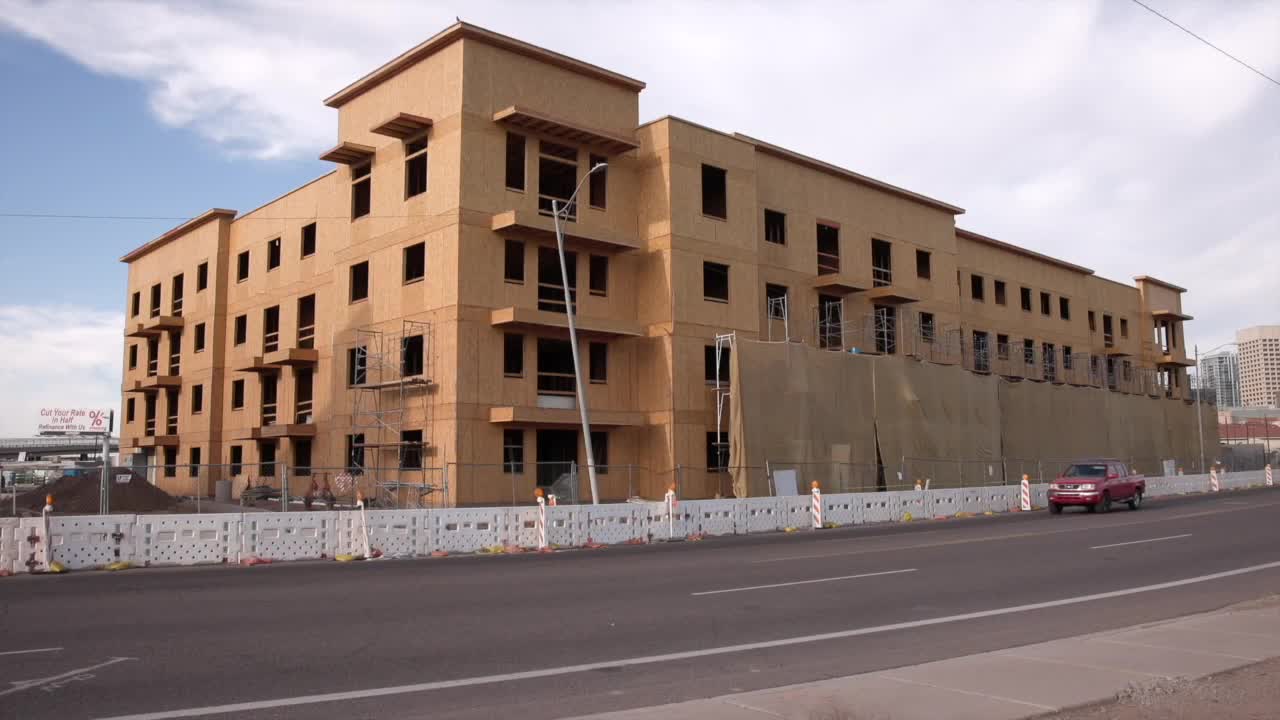PHOENIX — After historically staying below the national average, researchers now say Arizona’s cost of living has finally surpassed national numbers, driven largely by the increasing cost burden of housing.
This month, The Arizona Research Center for Housing and Economic Solutions (ARCHES), released its annual State of Housing in Arizona Report which took a closer look into the barriers for affordable housing, the impacts of increased costs on people and housing solutions posed locally.
“It’s kind of a first for Arizona because we’re known to be such an affordable state,” said Alison Cook-Davis, Research Director at the ASU Morrison Institute for Public Policy.
The report found that while roughly 22% of homeowners are “cost-burdened," meaning they pay more than 30% of their income to housing, a majority, 54%, of renters statewide are currently cost-burdened.
“I think that is significant because we’re also seeing other trends that track with this increased cost,” Cook-Davis said.
Those other trends include record eviction and homelessness rates in 2024.
The data also highlighted how wages continue to lag behind housing costs in the top five biggest occupational groups; office work, sales, food service, transportation and management.
The median incomes for four out of the five categories were not enough for a single person to afford a one or two bedroom apartment at the current market rate.
“What this is just showing us is the dire need, especially for housing at the median income levels,” Cook-Davis said.
Cook-Davis said there is hope, as housing construction bloomed, hitting a record, in 2023 and many large municipalities have devoted millions of dollars into affordable housing developments in recent years.
“Everyone is trying to sort of use the best information they have to address it in their own communities,” Cook-Davis said.





